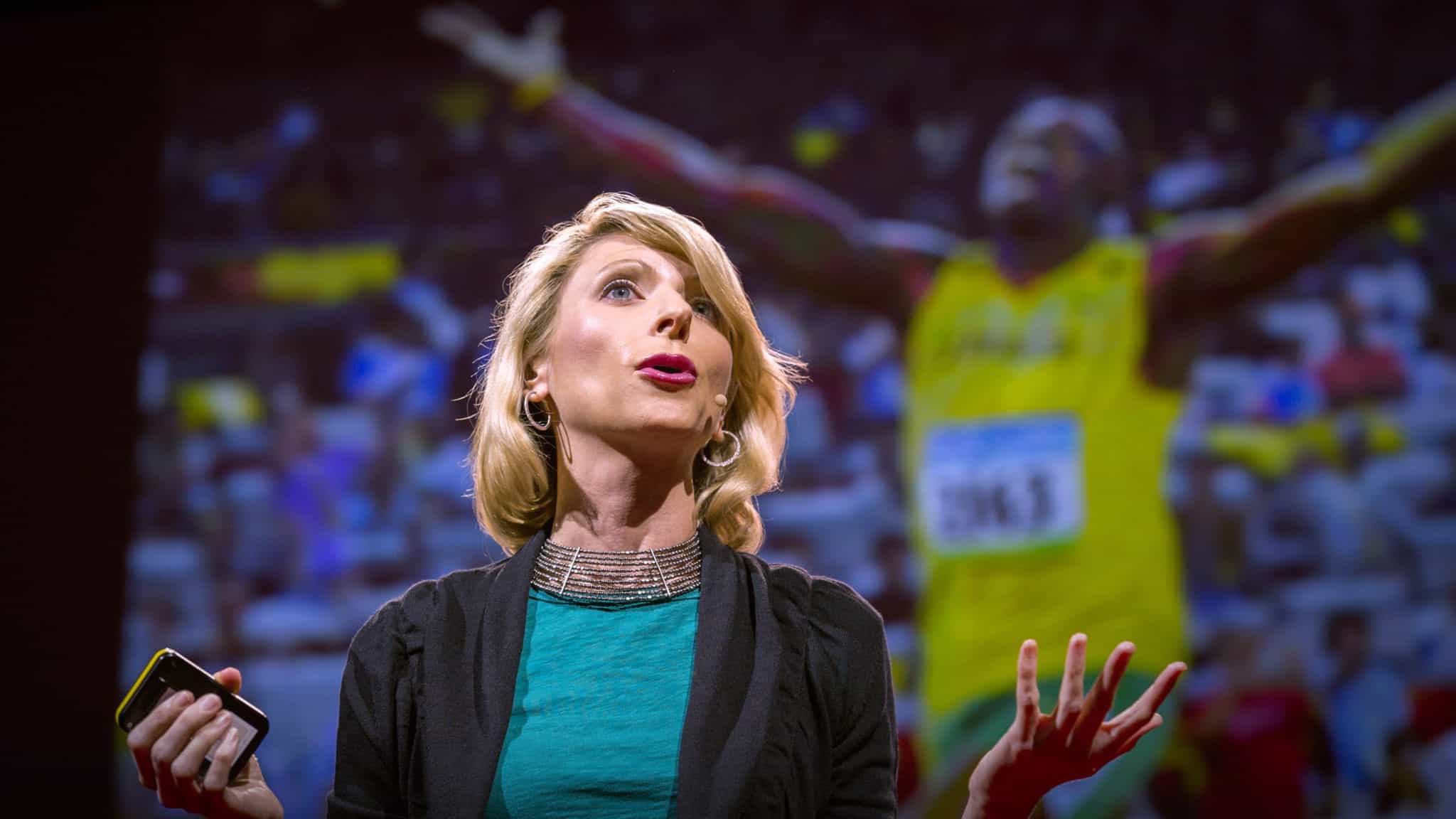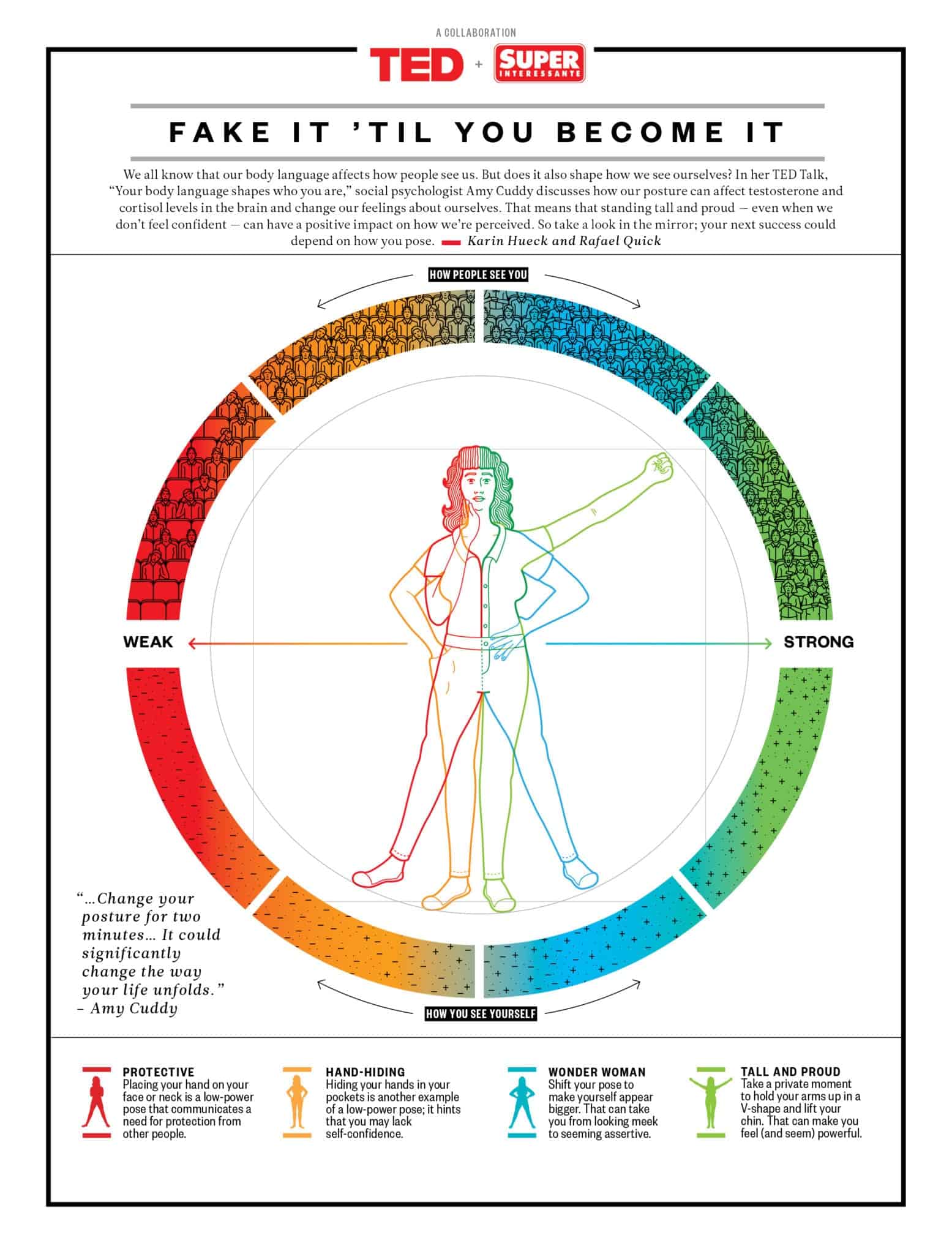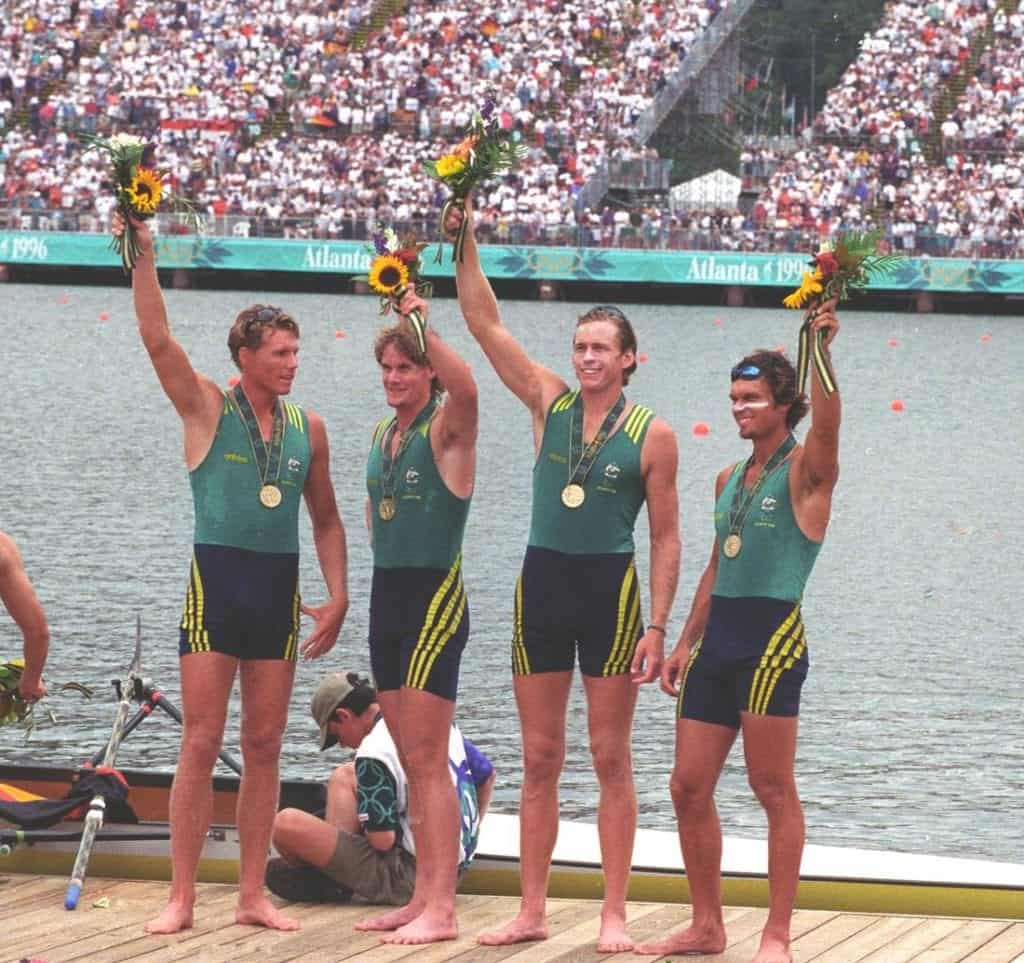By Liz Masen, Client Director at Athlete Assessments
Posing like a Superhero Improves Performance – your body language shapes who you are
There is always something interesting or inspiring to see on TED Talks and recently we saw a video which was such a stand out we just had to share it with you! Amy Cuddy is a social psychologist and an associate professor at Harvard Business School. In her TED Talks video she discusses how your body language shapes who you are. The application of this research has significant impact for those in sport.
Some of her most fascinating findings were on how body language can alter the levels of cortisol and testosterone in your body. The video also discusses how to guide your brain to best cope in high stress situations. The power pose ‘life hack’ can be applied by coaches, athletes or anyone who has privacy and a free two minutes. This can be especially valuable before competition, an interview or speech and actually, for life in general. The video highlights:
- How tiny tweaks can lead to big changes.
- How your mind changes your body, but also your body can change your mind.
- Why you shouldn’t ‘fake it till you make it’ but rather ‘fake it till you become it’.

Our Favorite Parts
The minds of the powerful and the powerless have been found to be different, especially in the levels of the hormones cortisol and testosterone. Powerful and effective leaders have a high level of testosterone and a low level of cortisol. As testosterone is our dominance hormone, and cortisol is our stress hormone, this means that people with high power are confident, assertive and less stress reactive. Now, the application to sport and competition is crystal clear!
Cuddy was interested in looking at ‘the other audience’ of our nonverbals – ourselves, and how our nonverbals could affect our thoughts, feelings, and even physiology. Essentially could your body change your mind? Cuddy asked participants to tweak their nonverbal behavior and adopt a ‘power pose’ for two minutes.
Like in the animal kingdom, making yourself look bigger asserts power and dominance. We do this when we have power, or feel powerful in the moment. Alternatively, when we feel powerless we have a tendency to wrap ourselves up and make ourselves look smaller.

When compared to their baseline, after adopting the high or low power poses for just two minutes:
The people who stood in ‘high power’ poses experienced a 20% increase in testosterone.
The people who stood in ‘low power’ poses experienced a 10% decrease in testosterone.
The people who stood in ‘high power’ poses experienced a 25% decrease in cortisol.
The people who stood in ‘low power’ poses experienced a 10% increase in cortisol.
It was also found that of the people who stood in ‘high power’ poses 86% would gamble, compared to only 60% of people who adopted ‘low power’ poses. These results are astounding, and mean adopting a power pose for only two minutes can alter your behavior to become more assertive, confident and less stress reactive.
Watch Bo Hanson speak about Amy Cuddy’s Body Language Research and its Implication for Sport.
Looking at changes in hormone level in a lab was fine, but Cuddy also wanted to see how these poses could be used in real-life situations. In high stress ‘social threat’situations such as in job interviews or before speeches, the power pose technique also proved to be effective. People were brought into a highly stressful job interviews after adopting either a high or low power pose for two minutes beforehand. The four ‘coders’ watching the interview tapes (and were unaware of the power poses) chose to hire the individuals who had adopted the high power poses.
Cuddy suggests adopting a high power pose in privacy for two minutes before a job interview or similar evaluative situation in order to make yourself feel more confident, and less stressed. Essentially using power poses can change the way you are perceived, and lead to better outcomes for yourself in life. It is explained:
“Our bodies change our minds,
and our minds change our behavior,
and our behavior changes our outcomes.”
Some people said they almost felt like ‘frauds’ being perceived in a way which wasn’t always natural to them. If you feel like a fraud you shouldn’t “fake it till you make it” But rather “fake it till you become it”. By acting in a certain way for long enough you will reach a point where you realize- I am doing this, I have become this. Cuddy’s belief in the “fake it till you become it” stems from her own inspiring story when recovering from a car accident, which resulted in her IQ dropping by two standard deviations.
Overall this video is definitely worth twenty minutes of your time. The research into how body language can affect your cortisol and testosterone levels is truly fascinating! The applications to sport are enormously important and since sharing this video with a number of our clients, they have successfully included this in their warm-ups and training routines.
Other Interesting Points
- When we are in situations with other people, we complement the nonverbals they are portraying, we don’t mirror them. If someone is embodying high power, we adopt a low power stance.
- When people watch 30 second soundless clips of real physician and patient interactions their judgments of the physicians ‘niceness’ predict whether or not that physician will be sued. “It doesn’t have to do so much with whether that physician was incompetent, but do we like that person and how they interacted.”
- Judgments of Political candidates’ faces in just one second predicted 70% of US senate and gubernatorial race outcomes.
- Effective use of emoticons in online negotiations lead to more value claimed from that negotiation.
- Primates needing to take over alpha positions suddenly will experience rapid increases in testosterone and decreases in cortisol.
If you have the time, watch the video below, if only for the enjoyment of watching awkward interactions between world leaders.
At Athlete Assessments, we’re here to provide you with excellence in service and to help you be your best. If there is anything we can assist you with, please contact us.




